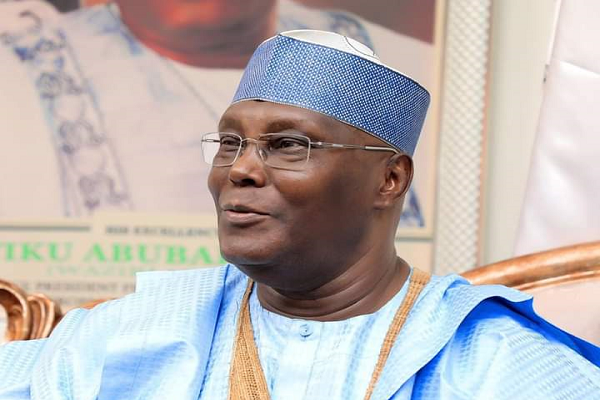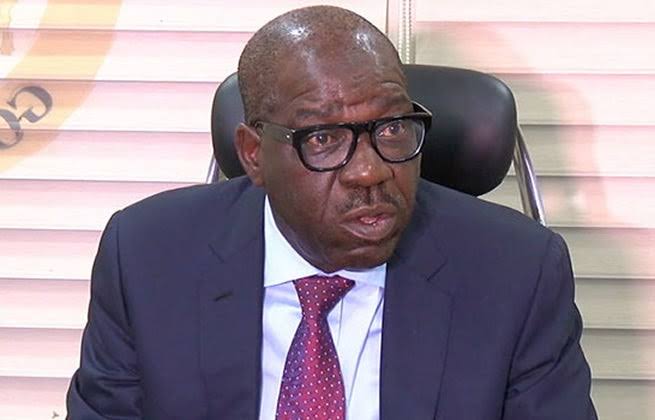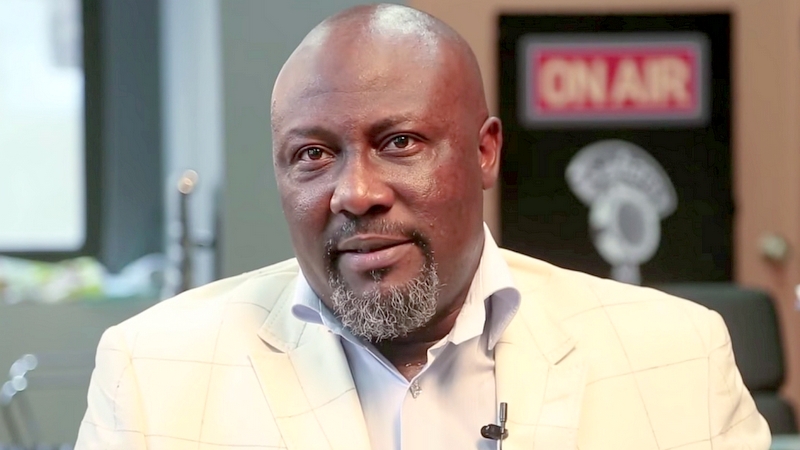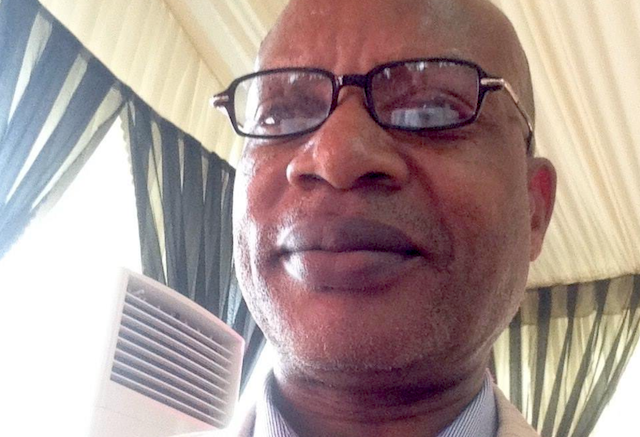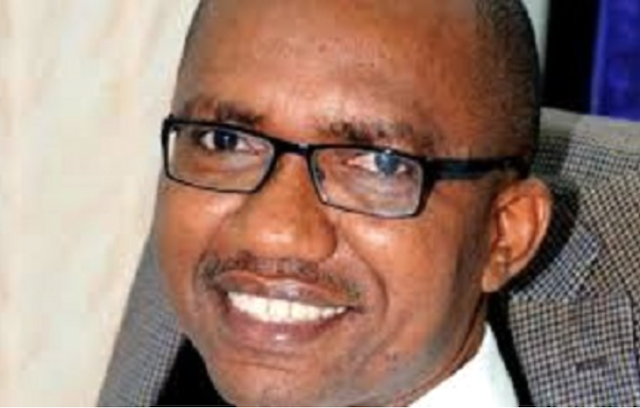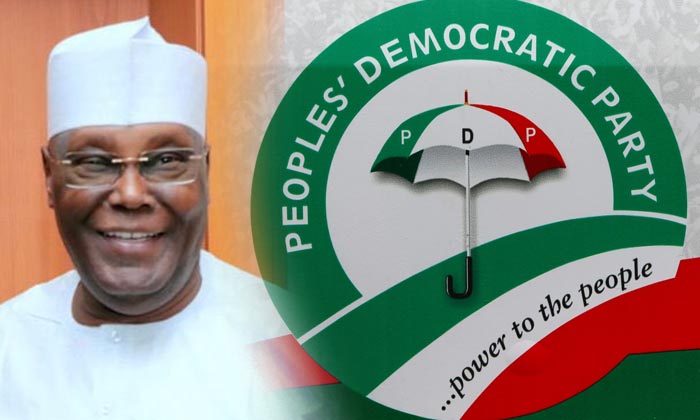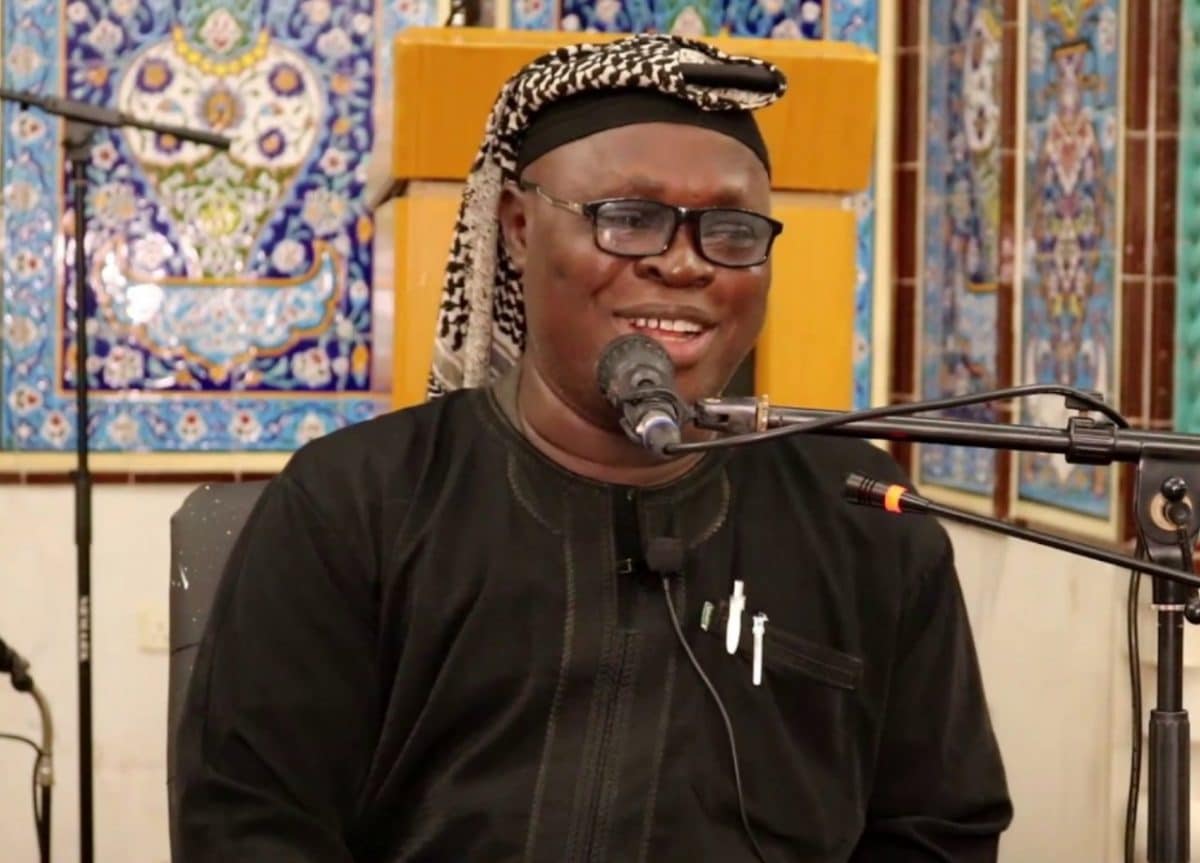By Ehichioya Ezomon
It’s obvious on October 23, 2023, that the Supreme Court judgment on appeals from the Presidential Election Petitions Court (PEPC) would be a formality. The barely 120 seconds it took the court to dismiss the 50-ground appeal by former Anambra State Governor Peter Obi and the Labour Party (LP) starkly bears this out!
Also self-evident in that regard were exchanges between the seven-member appeals panel and counsel to former Vice President Atiku Abubakar and Peoples Democratic Party (PDP).
At the hearing/adoption of the written addresses by Atiku/PDP and Obi/LP, some members of the panel, headed by Justice John Inyang Okoro, took turns to point out loopholes in Atiku’s pleadings through his lead lawyer, Chief Chris Uche (SAN), to the extent he had to admit the inherent flaws.
Uche had argued that the Supreme Court has the “power, jurisdiction and discretion” to admit fresh evidence after 180 days, even as he noted that Atiku didn’t plead the new evidence derived from Atiku’s discovery in the academic records of President Bola Tinubu at the Chicago State University (CSU), Chicago, Illinois in the United States (U.S), and deposition of CSU to confirm Tinubu’s certificate.
Uche also acknowledged that the time for filing fresh evidence had lapsed, as the PEPC had given judgment on September 6 in the petitions filed by Atiku/PDP, Obi/LP and Allied Peoples Movement (APM) against the declaration of Tinubu as winner of the February 25, 2023, presidential poll.
Still, Uche insisted that: “There is no such constitutional limit of 180 days on the lower court to hear an election petition such that it can rob this (Supreme) court of exercising its jurisdiction in any manner whatsoever. The constitution was intentional and deliberate in setting the 180 days limit only for election tribunals and not for the court of appeal.”
Had the court obliged Uche’s plea to admit the new evidence – which Justice Okoro noted could’ve been a “friendly but unnecessary joke over a constitutional provision” – it would’ve breached provisions of the amended 1999 Constitution and Electoral Act 2022, on the 180 days to decide election petitions.
So, in the lead judgment, Justice Okoro debunked Uche’s “shocking” claims, and held that the said time was fixed like the “Rock of Gibraltar” that can’t be “extended or elongated, expanded or stretched beyond what it states.”
Taking his time to explain Uche’s call on the Supreme Court to exercise its “power, jurisdiction and discretion” to admit fresh evidence, Justice Okoro was blunt and unsparing.
He noted that Atiku filed his petition on March 21, 2023, “which was the last day of the 21 days prescribed in Section 285(5) (of the constitution) for filing election petitions after announcement of the results of an election.”
“An election tribunal shall deliver its judgment in writing within 180 days from the date of filing a petition, and where there is an appeal, within 60 days from the date of delivery of judgment, which elapsed on the 17th of September 2023,” he said.
Justice Okoro then delivered the punch, saying: “It is shocking to have the above argument (by Uche) in print. It could have passed for a friendly joke but not for a serious matter like this in the apex court.
“It is even an unnecessary joke over a constitutional provision. After election petitions have suffered under the previous provisions, it is unfair to suggest that we go back to those dark days.
“When the time for doing a thing is set by the constitution, the court cannot extend the time. This is the law which at this stage is elementary.
“The deposition (from CSU) cannot be admissible since the lower court (PEPC) did not admit it. This court cannot do what the lower court did not do.”
Justice Okoro added: “It is settled law that when the time fixed for doing a thing elapses, the court cannot extend the time. It is immutable, fixed like the Rock of Gibraltar – it cannot be extended, elongated, expanded or stretched beyond what it states.
“The court below (PEPC) lost its jurisdiction to determine any matter concerning the petition after the 180 days, which expired on September 17. This court cannot do what the lower court is no longer constitutionally allowed to do by section 285 of the constitution.
“No amendment can be made introducing new facts not contained in the election petition, as stated in section 132(7) of the Electoral Act. This application clearly runs foul of the Electoral Act. On this application, fresh evidence is not received as a matter of course.”
Uche had also urged the panel to diss technicalities and do substantial justice to the appeal, and sack Tinubu. In other words, Uche wanted the Justices to disregard the law, and rule on emotions, sentiments and morality, which underpin applying the principle of substantial justice.
Meanwhile, the processes of the appeals at the Supreme Court were similar to the petitions at the PEPC, which affirmed the Independent National Electoral Commission (INEC) return of Tinubu of the All Progressives Congress (APC) as President of Nigeria.
As was their modus operandi at the PEPC – when they literally abandoned allegations of massive infractions and violence at the poll, and focused on disqualifying Tinubu – Atiku and Obi resorted to appeals to base instincts for the apex court to sack the President.
Atiku and Obi claimed to win the election, but were rigged out by INEC in favour of Tinubu and the APC. They’re expected to establish their victory, and the fraud, with impeachable evidence from active participants at the election.
Besides, they’re to prove – beyond all reasonable doubts – allegations against Tinubu, especially those of criminal nature, such as forgery of certificates and documents that elevates to perjury under oath.
In their haste to disqualify and sack Tinubu, Atiku and Obi took their eyes off the ball, which’s that they won the poll, but that INEC wrongly declared Tinubu due to alleged “fixing” of the process to suppress and/or switch their votes for Tinubu.
Accordingly, Atiku and Obi ought to invite poll agents to speak to the thousands of documents they’d dumped on the court, and prove electoral crimes against Tinubu, the APC and INEC.
Hence, after exhaustive 12 and half hours of evaluating issues pleaded within the six months of proceedings, the PEPC Justices adopted the lead judgment of Justice Haruna Tsammani, the panel’s chairman – that the petitioners failed to prove their cases beyond all reasonable doubts.
“This petition accordingly lacks merit. I affirm the return of Bola Ahmed Tinubu as the duly elected President of the Federal Republic of Nigeria,” Justice Tsammani said.
Similar scenarios played out at the Supreme Court, with Atiku and Obi focusing on matters outside the ambit of the poll of February 25. Save the “fresh evidence” that Atiku added to his 35 grounds of questioning Tinubu’s return as President, both appellants repeated back-to-back issues the PEPC had dealt with.
So, it wasn’t difficult for the seven-member panel to come to the inevitable conclusion that the appeals were meritless, and dismissed them in their entirety.
On Atiku/PDP appeal, Justice Okoro, having resolved the seven issues for determination in favour of Tinubu, declared: “The figure before us (Tinubu’s total votes, which Atiku couldn’t counter with an alternative figure) shows that the 2nd Respondent won the highest number of votes and was duly declared winner.
“On the whole, having resolved all the issues against the Appellants, it is my view that there is no merit in this appeal and it is hereby dismissed. The judgement of the lower court, delivered on September 6, is hereby affirmed.”
As for Obi/LP’s appeal, Justice Okoro barely spent 120 seconds to consider and conclude it’s “lacking in merit” having only a distinct issue from the Atiku/PDP appeal. In other words, Atiku and Obi’s appeals were mutatis mutandis (the same).
Justice Okoro noted that the only distinct issue that Obi raised about Vice President Kashim Shettima’s alleged double nomination had been dealt with by the Supreme Court on May 26, 2023, in an appeal marked: SC/CV/501/2023.
“This court cannot allow the matter to be relitigated in this court,” Justice Okoro said. “There must be an end to litigation. This matter ought not to have come here. The appeal lacks merit and it is accordingly dismissed.”
As they rue their electoral and legal losses, Atiku and Obi should be reminded that were abuses, insults, blackmail, intimidation, threats of physical harm, and appeals to base instincts strategies for winning petitions and appeals, they would’ve had judgments at the PEPC on September 6, and Supreme Court on October 26, 2023, respectively.
Nigerian-born American Prof. Farooq Kperogi, in a piece, “PEPT’s verdict and the task before the Supreme Court,” published in tribuneonlineng.com of September 16, summed up Atiku and Obi’s pleadings, “as high on emotions, conjectures, moral posturing, grandstanding, logical absurdities (such as the 25% win in the FCT) than on legally-sound, substantive arguments about the election itself.”
“They didn’t present foolproof, unimpeachable, evidentiary facts… Wishful thinking, online bullying, tendentious accounts of events, and coarse, primitive, illiterate invective are not substitutes for substance. Neither are mass delusion and blind political cultism guarantees of electoral victory,” Kperogi wrote.
Atiku and his supporters, aliased “Atikulators” and Obi and his “ObIdients” followers denigrated and over-rawed the person and character of President Tinubu, the APC, INEC’s Chairman,
Prof. Mahmood Yakubu, Justices of the Appeal and Supreme Courts and the entire Judiciary – on the grounds that they frustrated their election, and legal remedies therein.
Directly or via proxies, they filed and re-filed multiple cases against Tinubu in Nigeria and in the United States (U.S), solely to disqualify him from the election, damage his reputation and delegitimise his presidency even if he won the petitions and appeals in the courts.
Atiku, Obi and supporters backed the lawsuits with street protests, press conferences, and interviews in local and foreign media, to spew hateful and inciteful statements against real and/or imaginary politico-judicial enemies.
Lately, Atiku and Obi have competed for “the most critical” of President Tinubu. If Atiku held a press conference or issued a statement on Tinubu or matters in courts in Nigeria, and in the U.S., Obi would follow to raise the bar against their alleged nemesis.
When Atiku held a “World Press Conference” to relitigate his “discovery” from Chicago State University – that he filed as fresh evidence at the Supreme Court – and slammed Tinubu as unfit to be President, Obi followed suit, calling on Tinubu to “reintroduce himself to Nigerians,” who “doubt his true identity.”
Still, as they strove to carve separate niches – as regards the February 25 poll in which they placed second and third behind Tinubu – Atiku and Obi looked to work in synergy, to disqualify, and sack Tinubu, before deciding who the cap fits as President.
In the results declared by INEC on March 1, 2023, Tinubu polled 8,794,726 votes, and secured 25% of votes cast in 29 States and the Federal Capital Territory (FCT), Abuja, to emerge the winner. Atiku came second with 6,984,520 votes, and secured 25% in 21 States and FCT; and Obi, placed third with 6,101,533 votes, and secured 25% in 17 States and FCT.
But as the Supreme Court has dismissed their appeals against Tinubu’s election as President of Nigeria, the electoral competition and collaboration between Atiku and Obi may’ve come to an end in the 2023 poll cycle.
As “all eyes” are now trained on the 2027 election, Atiku and Obi should retool their strategies on how to handle election matters!
